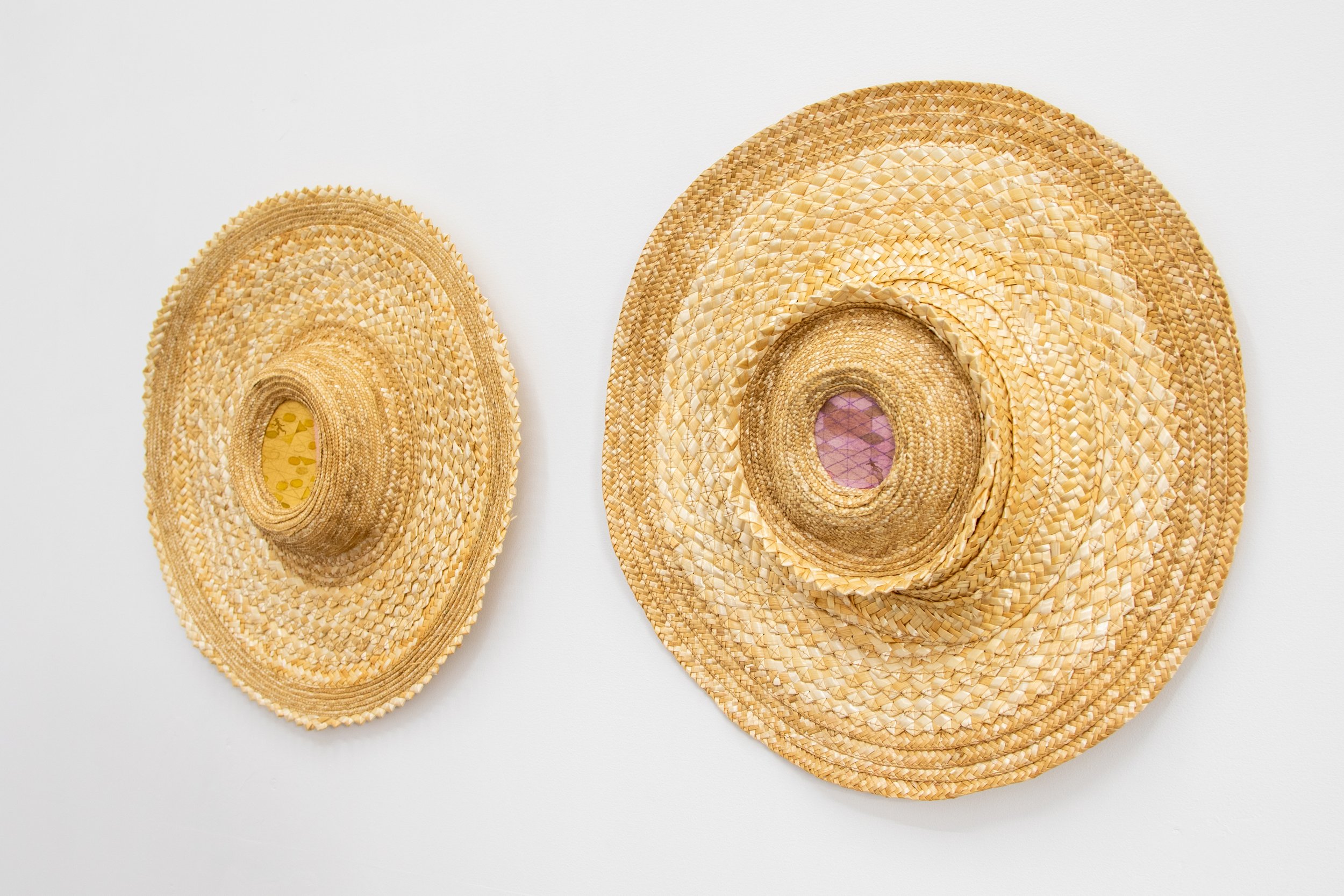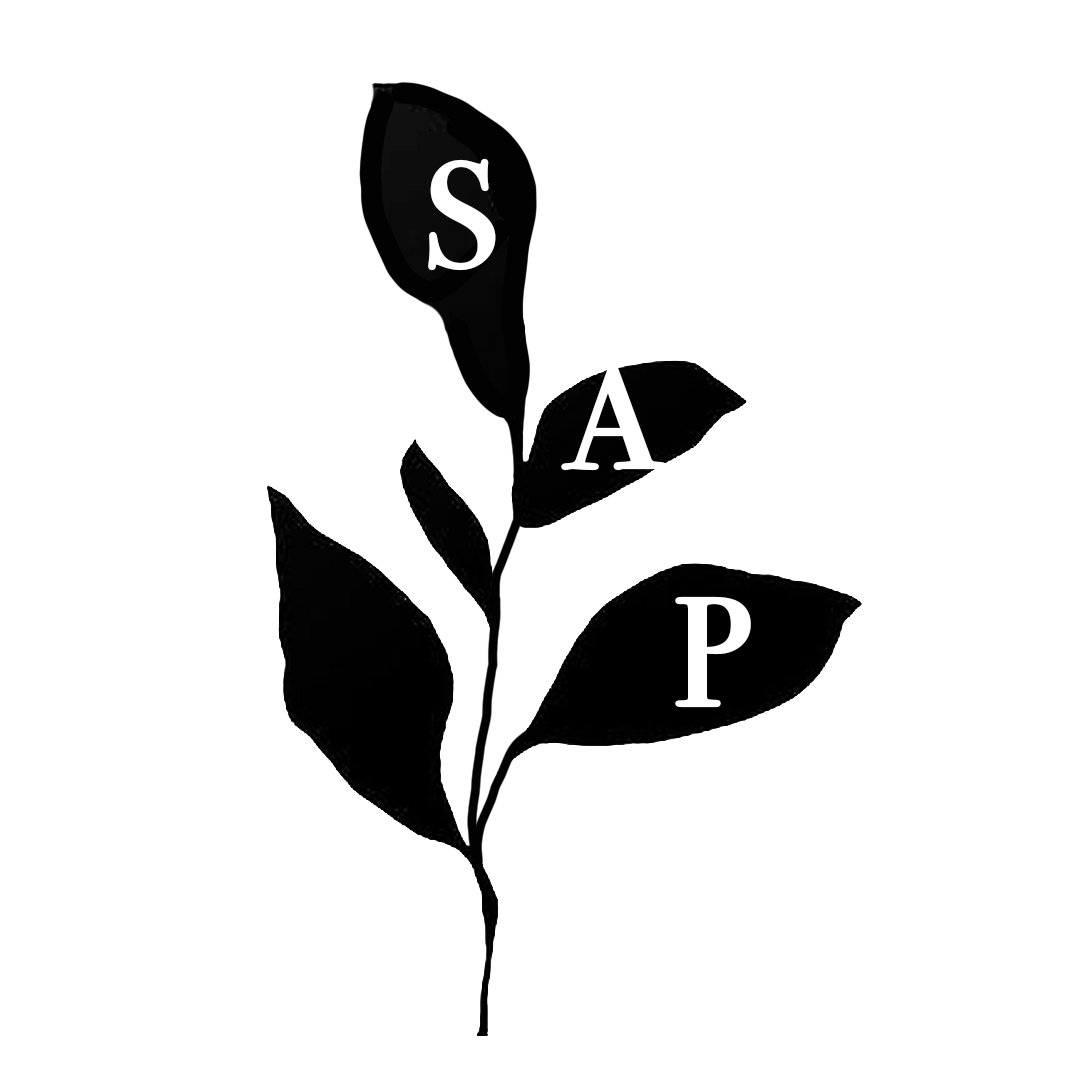Still Matter
23.06.2023 — 09.07.2023
A group exhibition with works by Anna Reutinger, Karolina Majewska Freeing, Louis Porter, and a workshop by Lucy Powell.
Opening on Friday, the 23rd of June, from 19:00 to 21:30
Workshop with Lucy Powell on Sunday, the 25th of June, from 16:00. Please register by sending us an email!
The show is also open from 14:00 to sunset on Saturday, the 24th of June, as part of the festival 48 Stunden Neukölln. For the remainder of the time, the show will be open by appointment only.
One of the central concerns behind the formation of SAP Space is the question of how politics can be practiced with more poetry. To consider the garden as an expanded topic is also to ask how abstraction via a collection of plant/human/animal/object-life can attend to the political urgencies of the present. Perhaps more concretely, it is more than just contextualizing the persuasiveness of individual life (be it plant, human, object, etc) as distinct speakers and actants, but rather, to pay attention to the ever-changing assemblages of human and non-human forces that collide and converse in the physical and conceptual space of the garden — a space that has always been rife with the politics of representation, ownership, labor, and leisure.
In the midst of dramatic, and potentially irreversible, ecological change, paying attention to the more-than-human voices is ever-more crucial to adopting a more responsible and less destructive politics. This paying attention demands stillness, because a re-tuning of the senses engenders better listening, and because stillness is an antidote to the noise and restlessness that inundate our daily lives.
Still Matter, a midsummer group exhibition at SAP Space, brings together artworks that are, in one way or another, entreaties for stillness. Louis Porter’s monochrome cyanotypes distill plant specimen into delicately flattened artifacts; Anna Reutinger’s quilts and wall pieces are layers of storytelling that emerge upon time spent with the works; Karolina Majewska Freeing’s installation implies a kinshin between a human body and a tree body; and Lucy Powell’s workshop is an invitation to spend time somatically communing with plants.
The works in the exhibition all refer to some knowledge, technology, or belief system of the past. The title of the exhibition is thus also a play on words, suggesting that, in the process of examining the future of nature, the systems of the past still matter. In a future in which crops, land, and natural resources are likely to create even more inequality, Louis’s prints ask whether the century-long practice of patenting plants has foretold our dystopian present-future in which nature has become the battleground of legal disputes and of ownership. Anna’s works are based on her research about craftspeople’s uprisings during the Middle Ages, whose demands are surprisingly similar to the demands of many working communities today. When considered further, they also ask questions about equity and labor in a future when machines will inevitably redefine work.
In the garden, the whimsical intervention on the birch tree by Karolina and the workshop by Lucy both borrow ancient wisdom to urge us to regard plantlife as vital material outside the bounds of our epistemology. Karolina’s installation refers to the ancient slavic belief that trees are inhabited by ghosts, while Lucy’s workshop draws on methods of vegetal encounter developed by Johann von Goethe. Together, these four artists’ works not only advocate for slowness and stillness, but require us to notice the ways bodies form alliances with other bodies.
— Text by Ilyn Wong

















































